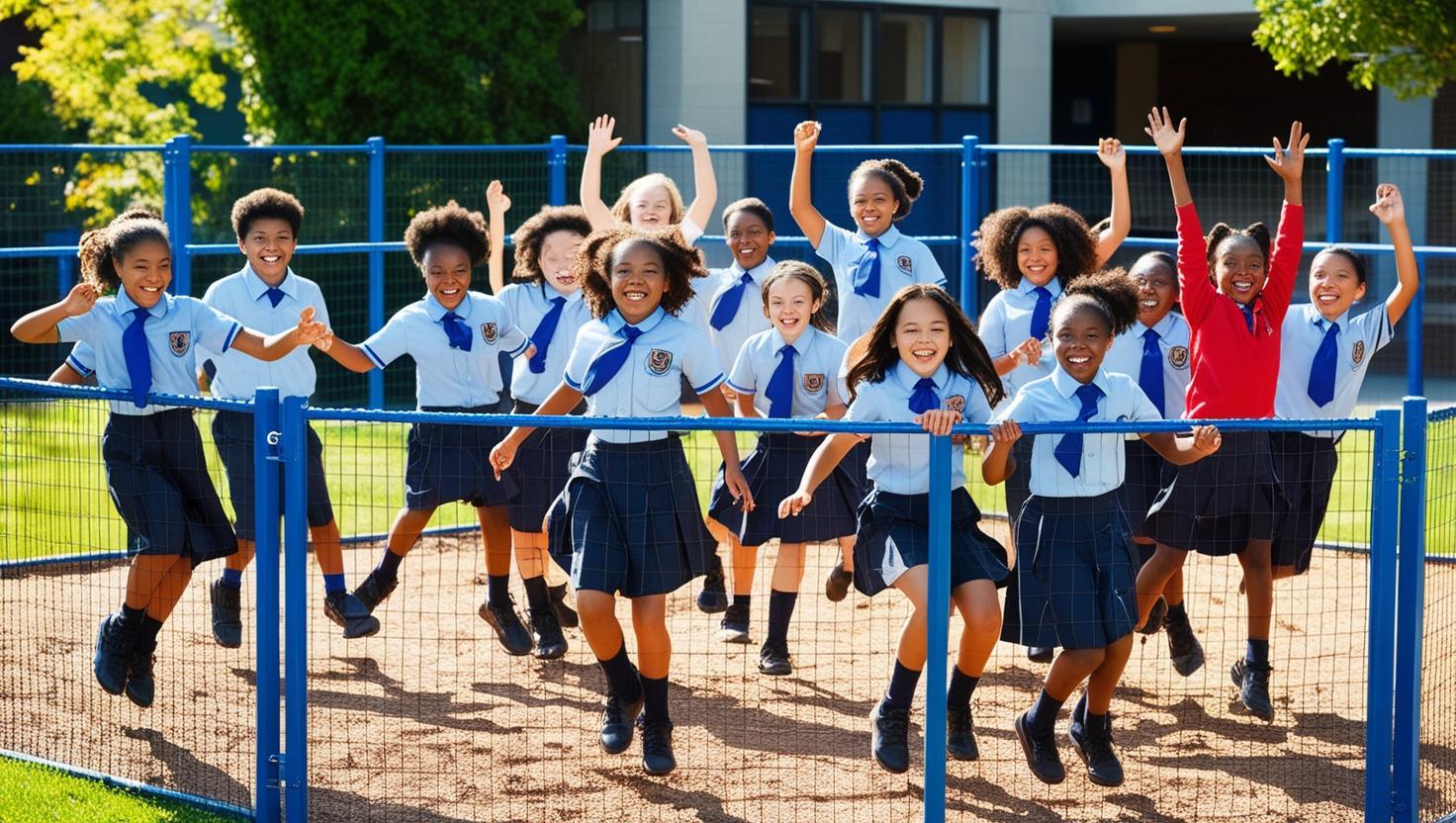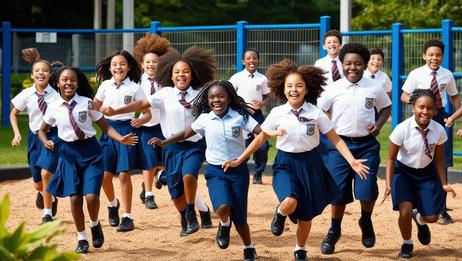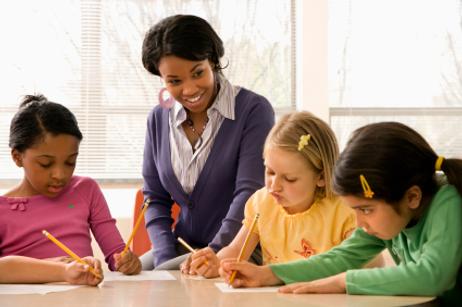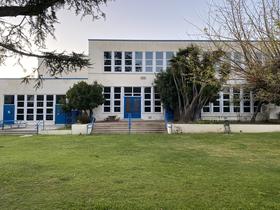What About a Foreign Language School?
In the United States, a foreign language private school is a school in which the primary language is not English. 80% of our population speaks English. Therefore, it follows that private schools that teach in other languages are few and far between.
I also want to point out the difference between a K-12 private school that uses a language other than English for teaching and intra-school communications and proprietary schools that offer instruction in foreign languages.
- K-12 private schools that teach their students in German or French, for example, offer a comprehensive academic curriculum with specified goals and objectives for their graduates.
- The proprietary foreign language schools generally aim to have their students achieve fluency at varying levels in a foreign language.
- For example, you could learn how to speak Spanish in a business setting, starting at a beginner's level and working your way up to advanced proficiency.
 Reasons Why You Would Consider Foreign Language Schools
Reasons Why You Would Consider Foreign Language Schools
Now, back to our original question.
- Why would parents consider a foreign language school for their children?
- For several reasons, the first of which is job-related.
Let's say that you are a German national who is an executive with a German firm with locations in the United States.
- Your firm decides to post you overseas in the New York office.
- Your children are ages 10 and 12.
- What will you do about their schooling?
- You know




































